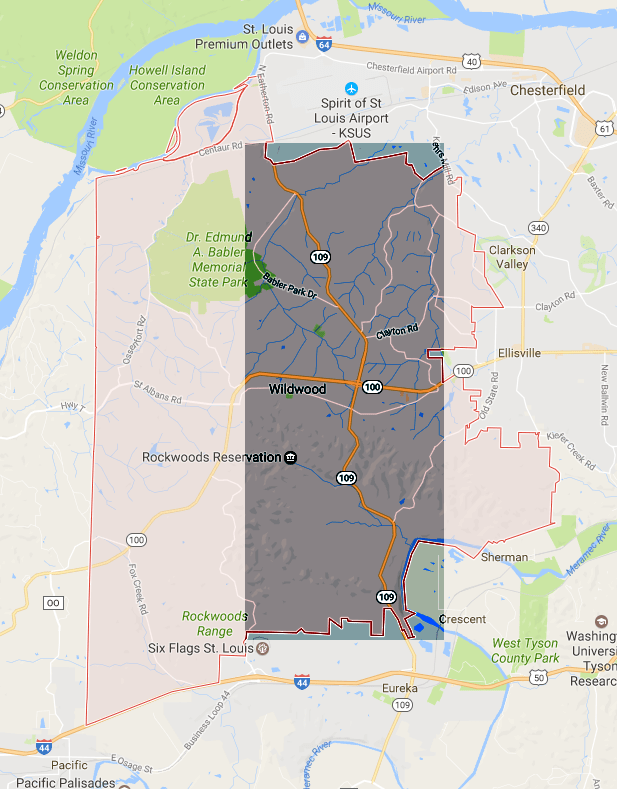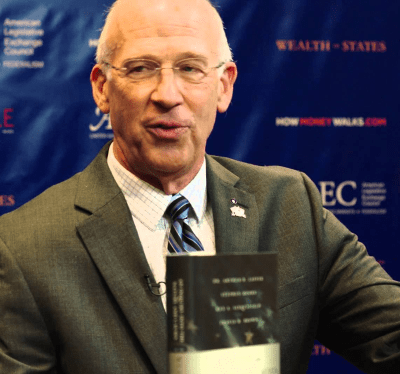 Any opportunity to paint Hillary Clinton as an out-of-touch politician rarely escapes the Beltway crowd and some of the media that covers it. Unfortunately, rural America’s broadband problems also get dismissed in the process.
Any opportunity to paint Hillary Clinton as an out-of-touch politician rarely escapes the Beltway crowd and some of the media that covers it. Unfortunately, rural America’s broadband problems also get dismissed in the process.
After a 35-minute Hillary Clinton interview with Christiane Amanpour, one takeaway line about how the former presidential candidate felt about rural job creation was seized on by the folks inside-the-D.C. Beltway and used to mock and belittle her:
“If you don’t have access to high-speed, affordable broadband, which large parts of America do not, [large employers will overlook your town]. If you drive around in some of the places that beat the heck out of me, you cannot get cell coverage for miles. And so, even in towns — so, the president was in Harrisburg. I was in Harrisburg during the campaign, and I met with people afterward. One of the things they said to me is that there are places in central Pennsylvania where we don’t have access to affordable high-speed internet.”
As any reader of Stop the Cap! knows, those are very legitimate points. The video embedded below has several more. Available robust internet access at affordable prices attracts employers. Just ask the city of Chattanooga, Tenn.
 Anyone who has traveled mountainous central Pennsylvania knows exactly what Mrs. Clinton is talking about. These communities are served by Frontier Communications and Verizon, and the best either company will offer, if you’re lucky, is basic DSL service. There are significant parts of Pennsylvania with no cable provider, and with terrain that often resembles West Virginia — another difficult-to-serve state — wireless is not so great either.
Anyone who has traveled mountainous central Pennsylvania knows exactly what Mrs. Clinton is talking about. These communities are served by Frontier Communications and Verizon, and the best either company will offer, if you’re lucky, is basic DSL service. There are significant parts of Pennsylvania with no cable provider, and with terrain that often resembles West Virginia — another difficult-to-serve state — wireless is not so great either.
Long term rural Pennsylvanians decried the day the last analog cellular network was switched off. They routinely outperformed the digital network that replaced it in fringe reception zones. Many residents have to use indoor cell tower extenders provided by companies like Verizon Wireless and AT&T to get stable cellular reception, and many rural towns are either a total wireless dead zone or are filled with dead spots where reception evaporates.
Competition from Sprint and T-Mobile don’t mean much in rural Pennsylvania, because neither offer any reception in significant sections of the state, and AT&T and Verizon Wireless can be only nominally better in some areas.
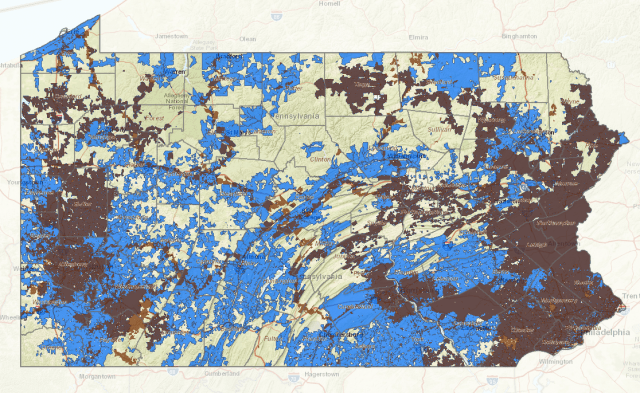
Areas where at least 25Mbps broadband is available in Pennsylvania (Blue – Cable, Brown – Fiber) (Map courtesy of Pennsylvania Department of Community Economic Development)
So like much of the Appalachians, rural broadband is a very big problem in central Pennsylvania. Candidate Clinton proposed spending billions to augment rural broadband service, presumably by offering matching funds and grants to rural telephone companies. Although saddling rural areas with indefinite DSL service is not an ideal solution, it offers more than the Trump Administration’s apparent willingness to coddle incumbent providers with more deregulation and less oversight.
But the D.C. chattering class ignored the entire question of rural broadband problems in America and according to the Washington Post, selectively edited Mrs. Clinton’s statement into a whiny complaint she couldn’t get enough bars on her cell phone while campaigning in areas across the state where she ultimately lost:
“You cannot get cell coverage for mile,” Clinton says of the places that voted against her.
— Phil Elliott (@Philip_Elliott) May 2, 2017
Elliot is a reporter for Time magazine. If he can take her quote out of context on Twitter, is that a routine practice in Time magazine as well?
Clinton NOW talking about Pennsylvania, rural cell service. Uhhh.
— Zach Wolf (@zbyronwolf) May 2, 2017
Zach Wolf manages @CNNPolitics for the cable news channel. That does not inspire confidence in CNN.
Is @HillaryClinton adding cell coverage to “List of reasons not including myself why I lost” list? https://t.co/SaE3lzCkAm
— Clinton Soffer (@clintonsoffer) May 2, 2017
Clinton Soffer is a regional National Republican Senatorial Committee director, so his shot is at least politically predictable, but easy enough to identify as partisan.
Of course, nobody is talking about the real issue, which isn’t whether Hillary Clinton is a limousine liberal or not. It’s the bipartisan problem of downright lousy or non-existent rural broadband, a problem that incumbent providers won’t do much about unless the government arm-twists them into expansion when companies launch another merger or acquisition that needs government approval, or better yet for them, if taxpayer or ratepayer dollars help foot the bill.
At the same time this kerfuffle was going on, a private company selling VPN services decided to embark on a questionable survey asking whether Americans think broadband is a “human right” or simply a nice thing to have if you can get it.
In April, AnchorFree surveyed an audience of over 2,000 consumers, ages 18+ about online privacy. This survey was completed online and was completely anonymous — two points that rendered it largely useless for actual opinion measurement. Online surveys are notoriously unreliable because they are heavily weighted toward those that found the survey on a website most Americans would not likely have visited, and AnchorFree offers no reliable evidence of an appropriate measurement of different demographic groups to get a properly mixed sample of opinions. In this case, we predict about 80-90% of respondents were young, male, and paranoid enough about online security to warrant shopping around for a VPN provider. But the survey does at least highlight the real issue of “not my problem” thinking that impacts on rural broadband public policy.
AnchorFree’s study asked these 2,000 visitors to its website whether they felt the internet was a “human right” or a privilege. That question was more weighted than a circus elephant, because it suggests Americans were entitled to a broadband account, presumably paid for by the government. Only one out of three respondents agreed it was “a human right.” The survey mentioned the language came from a United Nations declaration, without linking to it, which is another surefire way to get about the half the country riled up enough over the UN to stampede in the other direction.
Nobody responsible for the survey explained the premise for the UN declaration, which was first to declare broadband an extension of freedom of expression, so long as it was affordable, available, and uncensored.
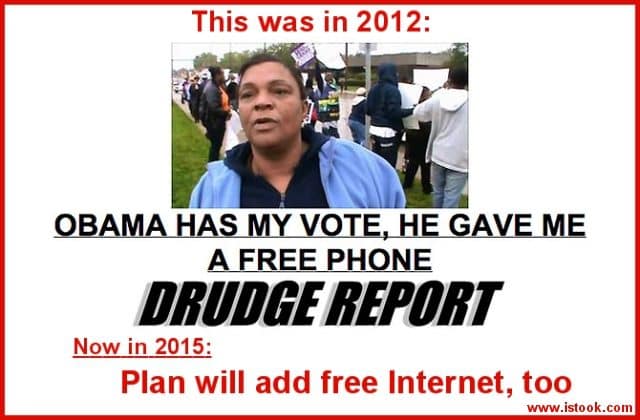
It is easy to demagogue Lifeline phone service and affordable broadband as a type of welfare, as Drudge Report did in 2015.
“The Special Rapporteur underscores the unique and transformative nature of the Internet not only to enable individuals to exercise their right to freedom of opinion and expression,” according to the report’s summary, “but also a range of other human rights, and to promote the progress of society as a whole.”
It did not say broadband should be free of charge, but at least it should be available. That means just as electricity and telephone service are available today to every American that wants either or both, so should broadband.
The very thought of someone effectively paying for someone else’s broadband service went down about as well as increasing welfare benefits with survey respondents. Some people also love to make decisions on behalf of others, which is why the survey also revealed a lot of broadband selfishness. Among those who told AnchorFree broadband was only a privilege, 64% exempted themselves, declaring it was essential to them, while only 18% said it might be essential for others. How nice.
This is why it can be easy to demagogue broadband expansion programs as an unnecessary luxury. AnchorFree’s study isn’t very useful or credible on its own because the questions asked and the responses given appear in context with AnchorFree’s own agenda of peddling its products and services. Its methodology is suspect, but the results are not completely surprising.
How the rural broadband problem is framed in language can make a significant difference in how the problem is tackled. If the survey asked if Americans were in favor of guaranteed universal access to quality broadband service, the results would likely have been more favorable. Hillary Clinton’s campaign had not pledged this and her broadband platform was based primarily on spending more money to cajole phone companies to expand their networks, perhaps alluding this alone might solve the problem. It won’t for at least the last 1-2% of unserved America, because those last users will be hellishly expensive to reach. But Mrs. Clinton, and rural America, deserved something more than cheap shots about cell phone reception as part of the media’s narrative she was out of touch with rural voters. On the issue of broadband, she put her finger precisely on the problem after just visiting the area. The locals have to live with it and there are no signs this will change anytime soon.
In an interview with Christiane Amanpour at a Women for Women International event, Hillary Clinton spoke about creating jobs and the importance of access to high-speed affordable broadband in rural towns. (Women for Women International) (1:12)


 Subscribe
Subscribe
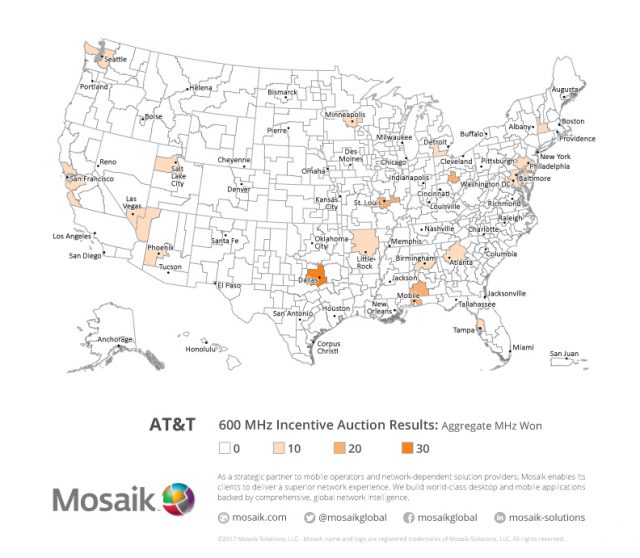
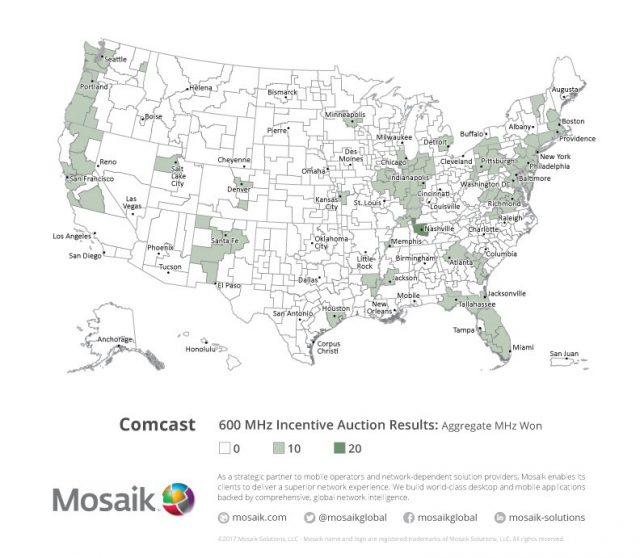
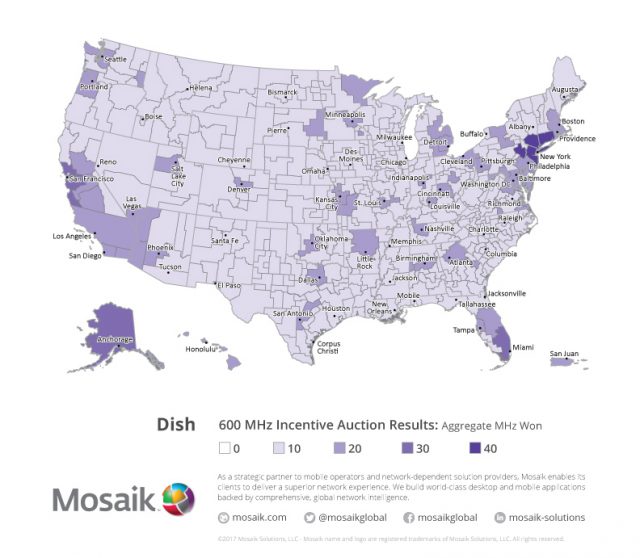
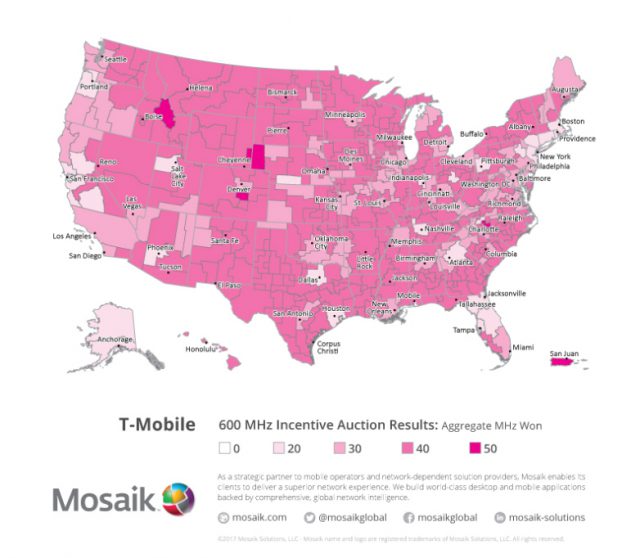





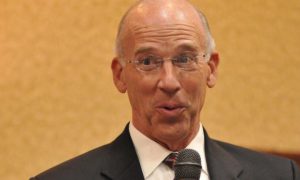
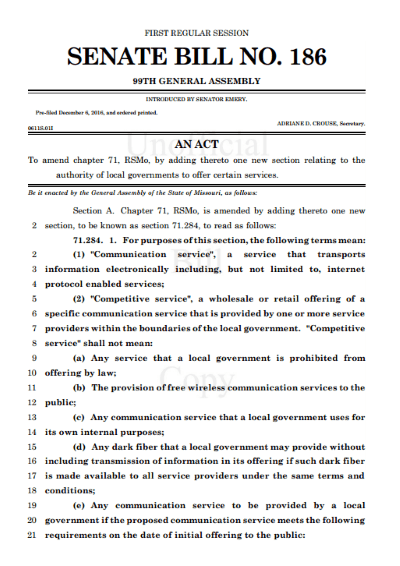 Emery’s current bill is designed to apply a “
Emery’s current bill is designed to apply a “

 In return for favors like that, some familiar names appear at the top of Emery’s
In return for favors like that, some familiar names appear at the top of Emery’s 